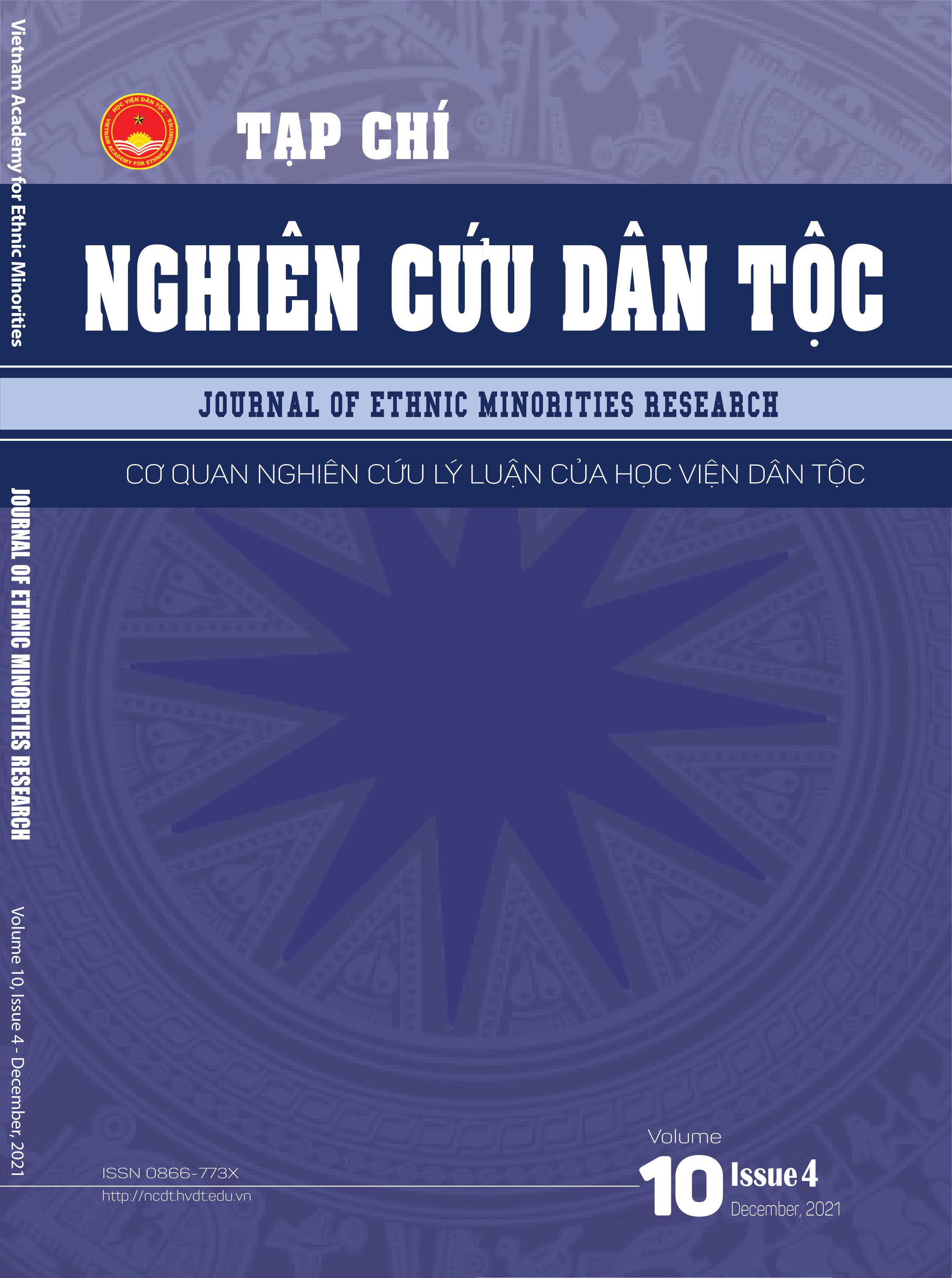ANALYSIS OF EFFECTS OF THE HUMAN CAPITAL ON INCOME AND GENDER INCOME DIFFERENTIALS IN THE MEKONG RIVER DELTA REGION
Abstract
This article combines both the capital human theory by Mincer (1974) and the income decomposition analysis by Oaxaca (1973) and Blinder (1973) that aims at estimating the impacts of the human capital on laborer’s income and gender income differentials in the Mekong River Delta (MRD) region, by using the data extracted from the Vietnam Household Living Standards Survey in 2018 (called VHLSS 2018). The emprical findings from the sample of 7.558 paid laborers in this region reports that the female laborers earned about 84% of what male co-worker earned. Not surprisingly, such gender differential in incomes was caused on the calculation by the phenomenon called “labor market discrimination”. While, factors relating to the human capital and demographic features are estimated as strong predictors of the incomes, but not affect the gender income differentials. The empirical findings suggest the intervention policies on improving gender-aware for employers, preferentials on recruitment for female laborers, and vocational training for females to better engage in labor market.


